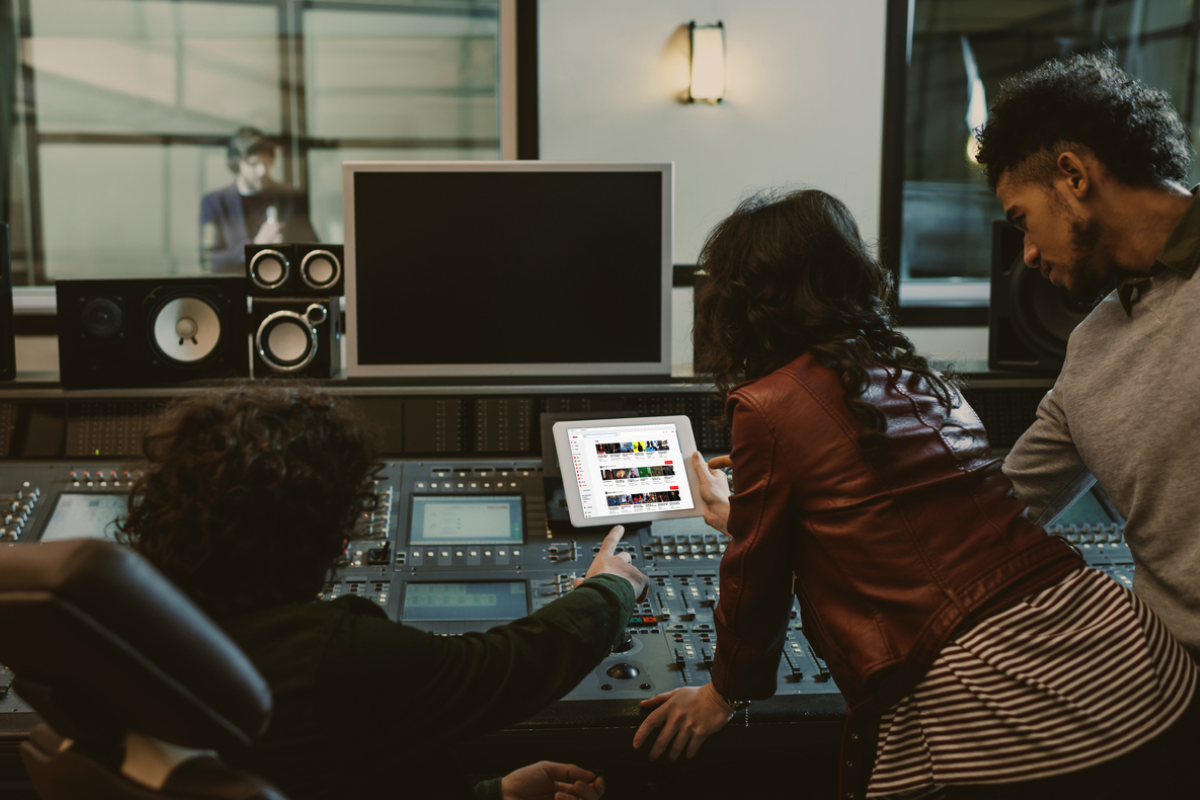
Photo: LightFieldStudios/iStock
MPs back proposed £300m Smart Fund for creator remuneration
Select Committee says government must ‘plug the gaps' in outdated copyright and intellectual property regulations’ to help future-proof creators rights.
MPs have called on government to develop a statutory private copying scheme along the lines of a proposed Smart Fund worth £250m-£300m a year to support creators.
The Smart Fund is a proposal by organisations from across the creative industries to ensure creators and performers are paid fairly for their work when it is accessed, distributed, and stored on digital devices. It would take a small percentage from the sales of electronic devices that can copy and store creative content.
Similar schemes have been introduced in 45 other countries around the world, including Canada, Japan, and Spain, as well as France and Germany – where 10% to 15% of the residual payment goes into national arts and culture funding.
READ MORE:
- Calls for fan-led review of grassroots music industry
- MPs warn of 'lack of definitive plan' to counter AI risks
A report published today by the Culture, Media and Sport Select Committee says the lack of a private copying scheme is preventing creatives from receiving payments in the UK and abroad.
It suggests a scheme should, at minimum, safeguard reciprocal payments from abroad and be produced within the next twelve months.
A joint statement issued by the Chief Executives of bodies that collect and distribute royalties – ALCS (for authors and writers), BECS (for actors and performers) DACS, Directors UK, and PICSEL (all for visual Artists), said a Smart Fund represents a "pivotal opportunity to offer creators a sustainable income stream".
"We call on all political parties to commit to adopting the recommendations laid out in this report in their general election manifesto, particularly the urgent need to implement the Smart Fund to fairly remunerate, resource and recognise our creators,” the statement said.
The cross-party group of MPs found many successful musicians, actors and writers struggle to make a living due to gaps in copyright protection, a lack of support for freelancers and unpredictable returns from music streaming.
Alongside a private copying scheme, the select committee report, which follows the committee’s inquiry into creator remuneration, calls for a Freelancers’ Commissioner to be established and for creators to receive fair compensation for the use of their work by AI developers.
AI concerns
The committee says it is “concerned that the status quo simply favours AI developers”, as creators’ intellecutal property is already being used in AI development without licence or recourse, and added it is “particularly disappointed” the government’s working group in AI and intellectual property could not come to an agreement between the creative industries and developers on creators’ consent and compensation.
The government’s plan to conduct another period of sector engagement to create a code of conduct is unlikely to have “any meaningful effect”, the report continues, and instead calls on government to “set out measurable objectives for the period of engagement with the AI and rightsholders sectors” and also “provide a definitive deadline at which it will step in with legislation in order to break any deadlock”.
CMS Committee Chair Caroline Dinenage said that if creators are no longer to be the “poor relations”, government “needs to play catch up by plugging the gaps in outdated copyright and intellectual property regulations”.
“Many of our talented actors, writers, composers and singers are failing to share in the global success of the UK’s creative industries as the sector struggles to navigate a perfect storm caused by everything from the emergence of AI through to the rapid changes in the way content is consumed,” Dinenage explained.
Freelancer protections
The report also recommends a Freelancers' Commissioner is established, which was advocated for by arts leaders during an evidence session.
Freelancers are being left vulnerable to economic downturns and lacking forms of employee support, the report says. It suggests the commissioner works across government departments and is given powers to advocate in the interests of creative freelancers, while also addressing wider issues around contracts and working conditions.
On the issue of contractual terms, the committee says government should implement the recommendations of the DCMS-sponsored Good Work Review.
Music streaming
The report also considers progress made since the CMS Committee’s report calling for a “complete reset” of the music streaming industry in July 2021 and concludes government must do more to make sure music makers are paid fairly.
The recommendations here ask government to drive fundamental reforms of music streaming through measures designed to make streaming work for all. It also suggests work begins on a consultation with fans, music makers and other stakeholders to incentivise an optimal rate for publishing rights.
The committee noted music creators are a minority in the government’s Creator Remuneration Working Group membership, outnumbered by both peers and record producers. It asks government to revisit the group’s membership to give music makers a “stronger and fairer” voice.
“Since the committee called for a complete reset of the music streaming industry to ensure a fairer split of revenues, there have been moves in the right direction, but the government needs to move further and faster to ensure music makers really are properly rewarded for their work,” Dinenage added.
Join the Discussion
You must be logged in to post a comment.